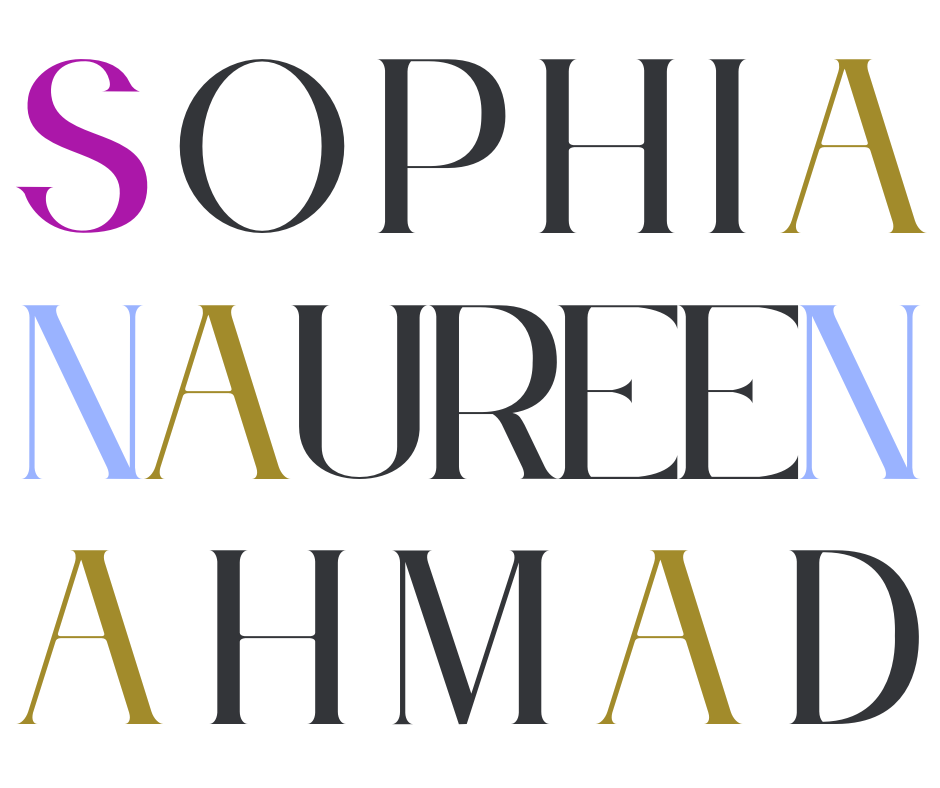Photo via Earwolf
The highs and lows of showbiz can be extreme (wonderfully described by actor Betty Gilpin here). Though not as volatile, I see many parallels between entertainment and other creative industries, including my own.
I used to dabble in the New York comedy scene — taking classes in improv and storytelling, seeing live shows multiple times a week. As both a comedy fan and dabbler, I’ve come across many budding talents, observed them grow and evolve over time, then slowly gain wider recognition for all their efforts. It’s similar to what I’ve seen happen for my peers in the design industry, and it’s always satisfying to see.
One example of someone I’ve witnessed “making it”, all while being highly creative, earning a living and staying relatively sane, is Bowen Yang of Saturday Night Live.
I’ve been following Bowen’s comedy since 2017, when he still held a day job as a graphic designer and was primarily known as co-host of the Las Culturistas podcast. I’m still a loyal listener, and I’ve enjoyed watching his star rise to SNL and beyond — not only because I love his sensibility, but because I’ve seen him put in years of work. In other words, I’m invested.
I recently rediscovered my notes from a conversation he had on Andy Richter’s podcast The Three Questions, back in March 2021. While wrapping up, the two comedians drop a series of gems that I feel are useful to creators of all kinds.
Here, Andy and Bowen talk about how they’ve stayed mentally afloat in the the choppy waters of show business. Edited for clarity — listen to the full episode here (this segment starts around the 57:00 mark).
ANDY RICHTER: One of the early lessons that I learned, because I saw people whose ambition and drive and goal was a thing or a position or a job. And they get it, and then they're still producing all this ‘gotta move forward’, ‘gotta get it’, ‘gotta gotta gotta’ stress … So early on, I realized your goal should be a process. Your goal should just be getting better ... Because the healthiest way to do this [career] is for the work stuff, as you go on, to matter less and less and less … It's the life that you build outside of it that really matters … I mean, there's work involved and there's stress involved, but it's fun. And if you just pursue it as fun, and if it matters less and less as you go on, that's the best, I think.
BOWEN YANG: I think that's it. I love that you say that the goal should be a process ... The thing about working at SNL, that I hope that people who work there in the future will realize, [is] that's it's a job where nothing is in your control, except the process, except the work. But everything else after that is not in your control whatsoever. And it feels kind of futile …
AR: Are there things that have surprised you? Are there things that you tell yourself to get along and continue on?
BY: I feel like the thing that I will remember for a while now is you saying that your goal should be a process. The other thing that's really stuck with me —Tony Hale [of Arrested Development] said this in an interview. [He was asked,] "Yo, what's your best advice on getting into comedy or showbiz?" And he said, 'Instead of thinking of investing in a career ... think of it as investing in a community, where you just kind of take care of the people in your circle who are also trying to do the same thing ...’.
AR: He’s right.
BY: It’s what appeals to me about the whole late-night structure of it [SNL]. It’s about the wellbeing of the unit. It sounds so chummy, but that's what’s sort of seen me through everything so far … I had friends coming up in comedy, whether it was in college or doing these little one-off shows I would produce in Brooklyn. We've always checked in with each other at times that felt very meaningful, and that's the thing that has almost nothing to do with comedy, but it just has to do with everyone looking out for one another. That's the biggest thing that I've come away with.
In summary, to stay grounded in a creative industry —
Detach yourself from specific outcomes.
Pursue work as fun.
Make the process your goal. Nothing is in your control except the work.
Build a good life outside of work.
Invest in your creative community, not just your ‘career’.
Look out for each other.

